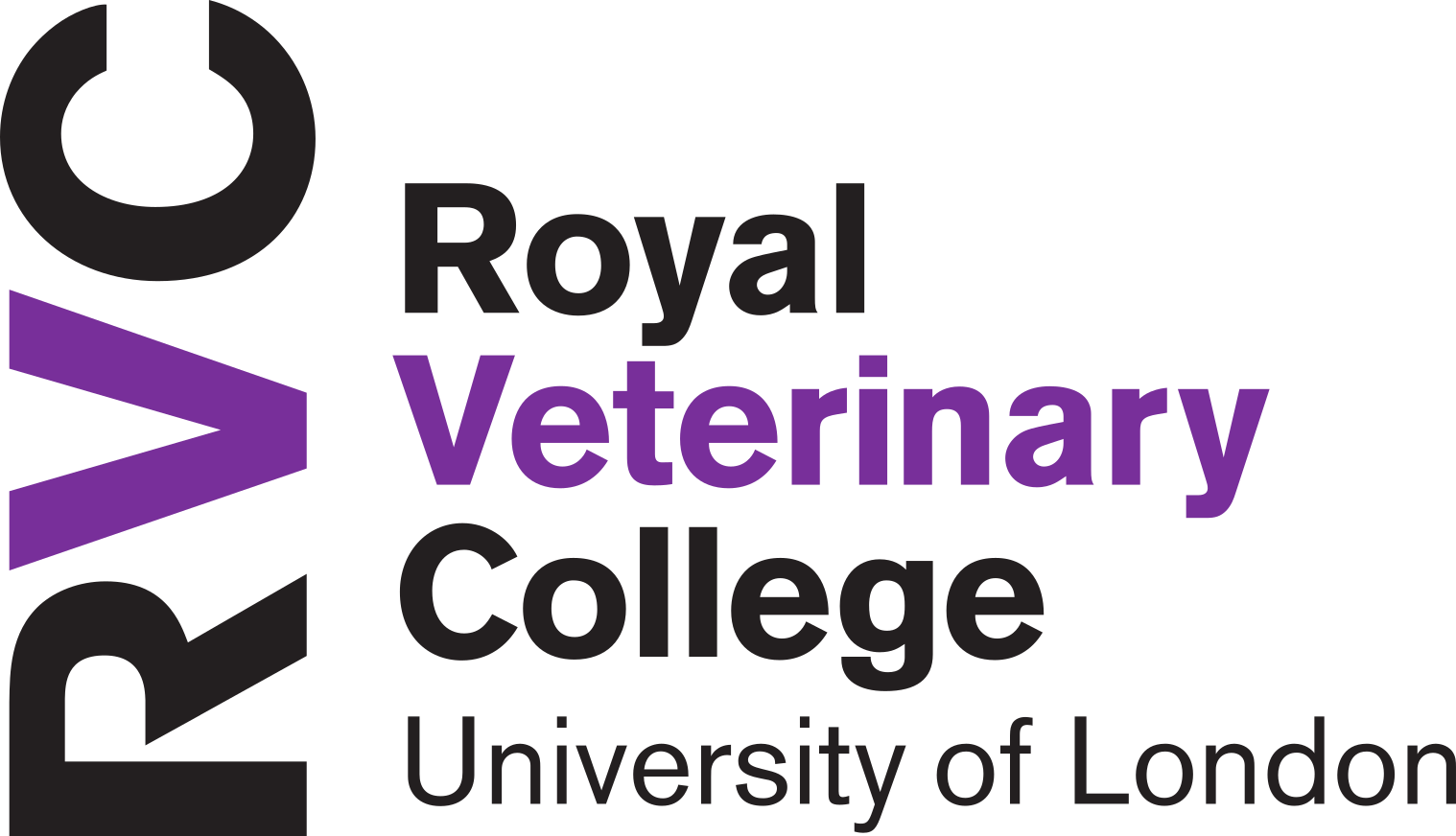Business as Usual?
)
A Greek island is a particularly pleasant place from which to ponder from afar some of the conundrums that assail us on a day to day basis in our more mundane existence in veterinary practice. Of course, Ancient Greece is the birthplace of Western Philosophy and so by default our thinking could be drawn to Nicomachean, Stoic or Socratic traditions (amongst others) to ‘fix’ some of the apparent world ills that occupy so much veterinary column inches. But to my mind that may be the root of the problem. Aristotle, and later Descartes, firmly separated mind from body and the Enlightenment lot followed up by further separating reason and emotion leaving our pre-eminent Prefrontal Cortex battling it out with some ‘Chimp’ as the root of mental distress.
From a brief review of our weekly veterinary press – local and abroad, it would appear that the veterinary profession world-wide is burdened by attrition, burnout and disengagement of vets and nurses, and it’s getting worse. The philosophic question is why is it that in a job with all the inherent intrinsic motivators of purpose, mastery and autonomy we are struggling so much and seeing so much human wastage, de-motivation and poor performance? And almost as confusing is that within this sea of despair we see a few practices thriving and growing with a dynamic balance of great clinical care, client experience, team engagement and commercial success. Why the difference?
It is all too easy to point the finger at outside forces of economy, corporates, competition and clients – some say a swapping pets for profit and people for processes. However this is a crisis of our own making. In my lifetime the pendulum has always swung between the ‘art’ (right brained empathy and altruism) and the ‘science’ (left brained facts and rationality) but in the past sensible people and homeostatic systems seem to be able to integrate these two polarities and redress the situation (e.g. James Herriot). Maybe this time it has swung too far to the left and may not return to balance any time soon. Even James may struggle with this one.
The trouble is the left hemisphere (the clever one that knows everything) is rational but not reasonable. It is selective, reductive, categorical, self-referencing, endlessly iterative, exclusive and, as I said, always needs to be right. This certainly is starting to sound like a science based curriculum delivering a realm of high expertise, endless facts and, well… the need to be right.. I’ve always joked in my talks the the graduation requirements of a veterinary student (if not the selection criteria) are omni-competence, omnipotence and omnipresence.. I think that refers to someone else…
So what’s needed? I suggest re-integration with the capabilities of the right hemisphere in our training, assessment, leadership, working practices and veterinary press. The misunderstood and mis-represented right brain scans the world for new information and informs us ‘of’ the world, of what is ‘unknown’, through embodied cognition of our own bodies, mental activity, compassion, empathy and relationships with others. It then naturally tells the left brain what to focus on that’s both important and urgent so it can analyse, categorise and make sense of it all, to make it manageable. It becomes ‘known’.
However unless this content is re-integrated with the right brain to add context, compassion and meaning, which our all-knowing left brain refuses to do, we are left with a self-referencing head full of ‘knowledge’ without context or meaning. That could drive anyone crazy…
It is this right brain re-integration that’s missing in our philosophy, psychology, professional thinking and our training as vets – all science, no mystery.
So if this exploration of neuroscience, philosophy, psychology and empathetic observation of vets in practice offers some thoughts and solutions come along to this year’s London Vet Show Business stream and listen into my session on The Human Cost of Veterinary Care: Redressing the Balance.
Now, where’s the Ouzo…
Alan Robinson





)
)
)
)
)
)
)
)
)
)
)
)
)